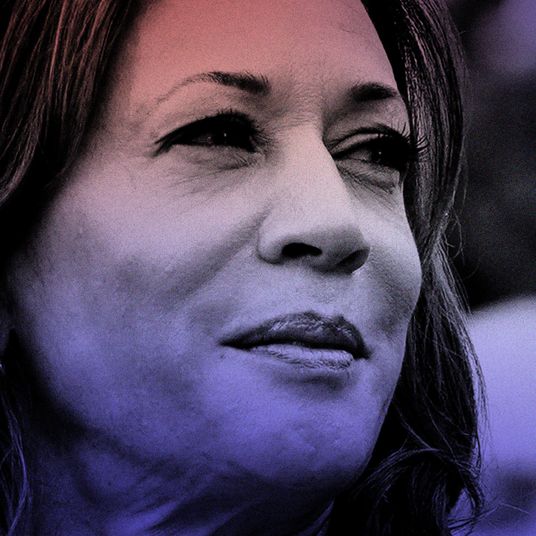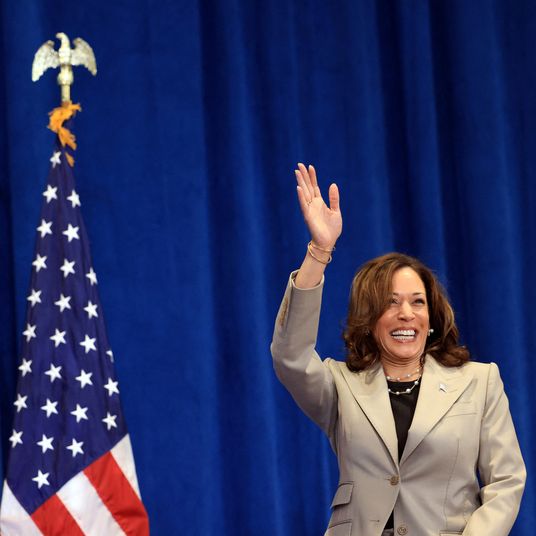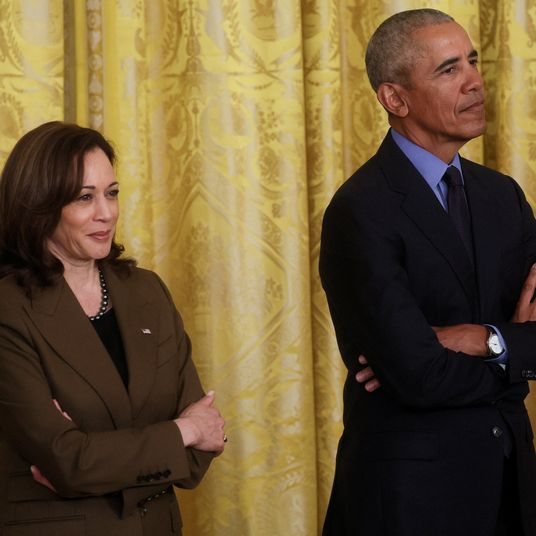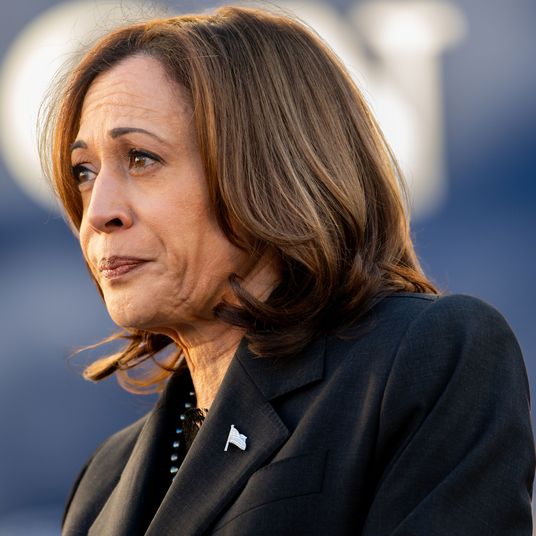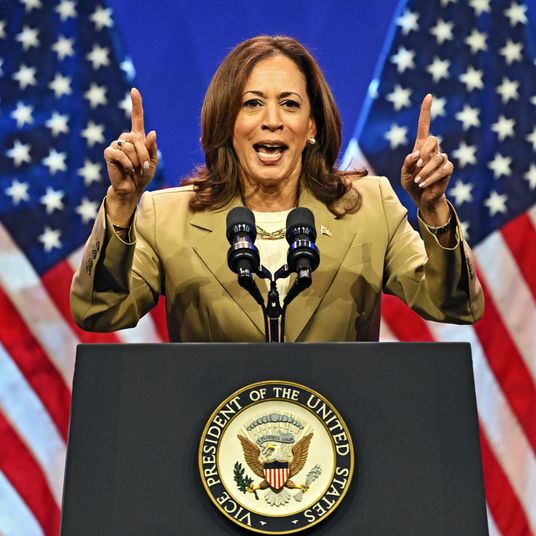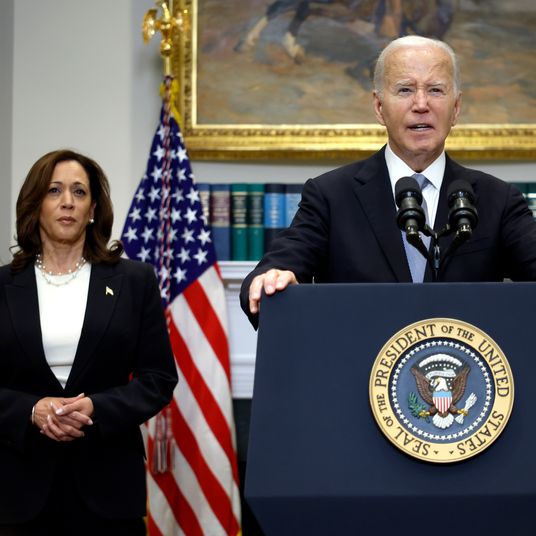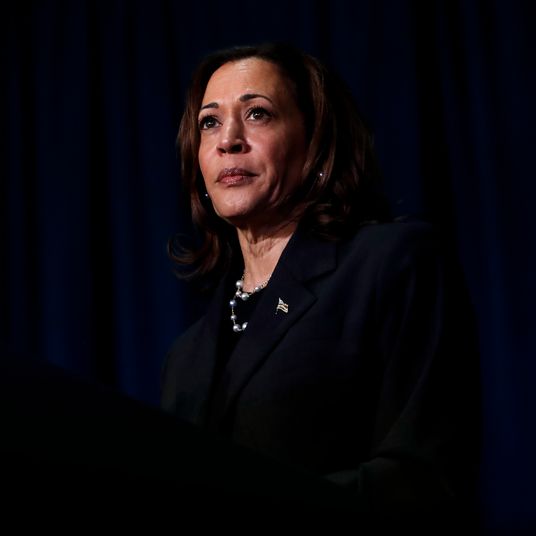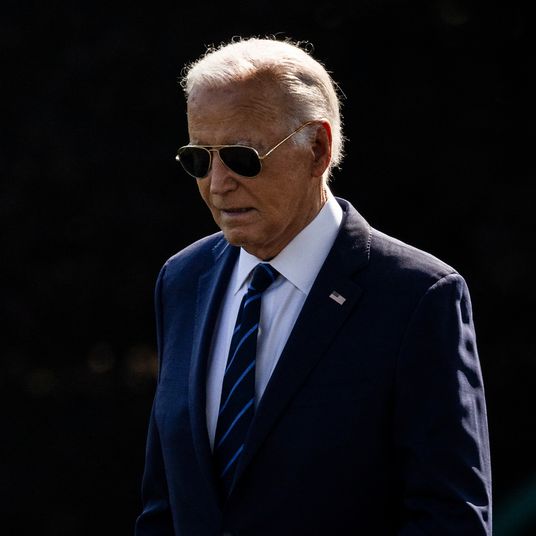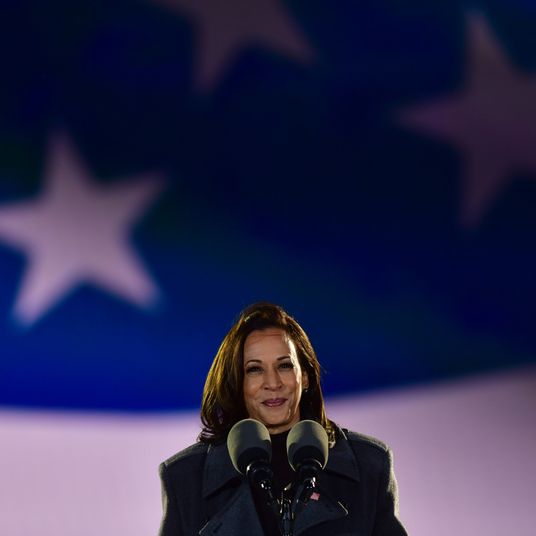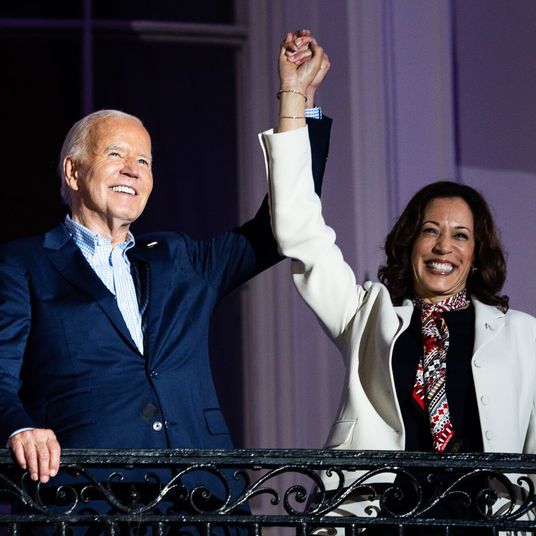
As the Democratic Party tries to place obstacles in the path of left-wing candidates for office, one of its rising stars has created her own work-around. On Friday, Representative Alexandria Ocasio-Cortez announced her political action committee’s first round of endorsements. The all-female slate includes Cristina Tzintzún Ramirez, who is running against the party’s preferred candidate, MJ Hegar, in the primary race to unseat Republican senator John Cornyn in Texas. Other candidates, like Kara Eastman of Nebraska, are running against a Republican incumbent, the New York Times first reported.
Ocasio-Cortez’s PAC is a direct challenge to party leadership. The Democrats’ current strategy — to defend incumbents at all costs — isn’t new. But its decision to support two anti-abortion Democratic incumbents, Henry Cuellar of Texas and Dan Lipinski of Illinois, over two pro-choice challengers, Jessica Cisneros and Marie Newman, has become highly controversial. The races have emphasized an internal split over the leadership’s strategy. A number of Democrats, Ocasio-Cortez among them, have bucked the party to endorse Cisneros and Newman.
Although it’s becoming more palatable for the party’s electeds to contravene leadership’s preference for moderates, serious material obstacles to a progressive party takeover remain. Running for office is often prohibitively expensive for aspiring candidates, especially if they’re from low-income backgrounds. And party elders favor well-connected candidates who can raise large sums of money from friends and professional acquaintances. That tendency isn’t specific to Democrats, but it has helped keep Congress wealthy. In 2018, members of Congress had a median net worth of $511,000.
The Courage to Change PAC, as Ocasio-Cortez is calling it, gives progressive candidates a financial alternative to traditional party support. For working-class candidates in particular, the PAC fills a long-standing need. “When community leaders, activists, and working-class candidates try to run for office, organizations like the D.C.C.C. discourage them,” read a fundraising pitch quoted by the Times. “These potential progressive leaders are asked: ‘Can you raise $300,000 from your friends and family? If not, don’t bother trying.’”
In an interview with the Times, Ocasio-Cortez described the PAC as a way to blunt the perceived risks of running left-wing candidates. “It’s important for us to create mechanisms of support because so much of what is happening in Washington is driven by fear of loss,” she said. “We can really create an ecosystem that makes people more comfortable into making the leap to make politically courageous choices.”
The PAC won’t support just insurgents but also candidates like Eastman, who might bet that a progressive platform could help them flip districts. That probably won’t mollify some of Ocasio-Cortez’s colleagues on the Hill, who have already expressed fear that she will help evict them from their seats. But left-wing politicians like her don’t enter politics with a respect for big tents and bipartisanship. They instead seek transformative change, and they know it can’t happen as long as the party’s moneyed, aging leadership backs conservatives over progressives whose candidacies are incontrovertibly viable. Cisneros, for example, announced on Friday that she had outraised Cuellar during the first six weeks of the year — and during the previous fiscal quarter, too. Newman nearly beat Lipinski in her first primary run against him and stands a good chance of ousting him this year. The decisions of party leadership made the Ocasio-Cortez PAC inevitable. With her formidable fundraising prowess at its disposal, it poses a true threat to business as usual.
A previous version of this article stated that Kara Eastman was the only Democrat challenging Republican Don Bacon. This article has been corrected.







